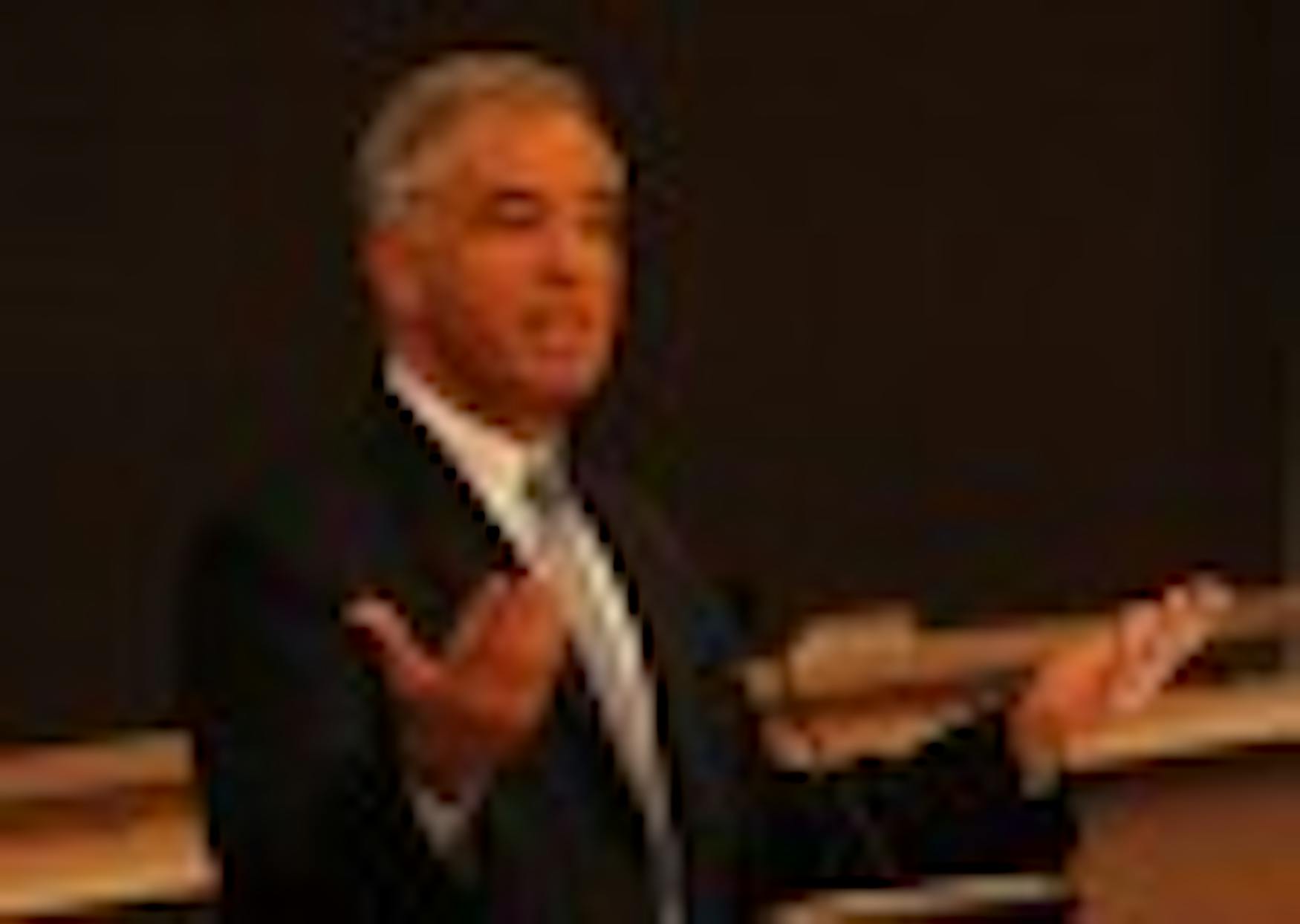Reinharz to ask Board of Trustees for $2M
University President Jehuda Reinharz will ask the Board of Trustees for an additional $2 million from the University reserves of $85 million to help close the $5 million budget deficit in fiscal 2009, thereby adding $2 million to the projected budget gap in fiscal 2010, he said at last Thursday's faculty meeting. Reinharz explained at the meeting that applying the additional $2 million to cover the expenses for fiscal 2009 will increase the projected budget deficit for fiscal 2010 from $6.9 million to $8.9 million. "There will only be an impact on [fiscal] 2010 if the Board of Trustees requires a pay-back provision for the additional $2 million," Executive Vice President and Chief Operating Officer Peter French confirmed in an e-mail to the Justice.
French wrote that the budget deficit of $5 million for fiscal 2009 will be covered in part by $2 million from the University reserves that Reinharz previously requested and a projected $1 million in bequests, which are gifts left behind in a will.
Reinharz initially discussed his plans to ask the Board for an additional $2 million with the Senate Budget Council, the Faculty Budget Committee and eight administrators, including Provost Marty Krauss and Dean of Arts and Sciences Adam Jaffe, at a meeting on March 17 to address budget gaps for fiscal 2009 and 2010.
At a faculty meeting March 12 French said that the University reserves are projected to run out by the end of the next fiscal year and that the Board of Trustees thought it would not be "prudent [given] how close we are to exhausting [the reserves]" to take another $2 million from the reserves. However, in an e-mail to the Justice, French wrote that the Board is now open to further discussion since circumstances have changed.
In an interview with the Justice, Chair of the University Budget Committee Peter Conrad (SOC) said, "We on the Faculty Budget Committee and others encouraged [Reinharz] to go back and tell [the Board of Trustees] why we should do this."
Conrad explained that although filling the budget gap for fiscal 2009 now would increase the deficit for the next fiscal year, there will be a longer period of time of 12 months to figure out how to close the deficit for fiscal 2010.
French wrote that as there are only three months remaining for fiscal 2009, "any substantial budget reductions at this point would be deemed too disruptive."
Conrad said that staff furloughs for fiscal 2009 that would require staff to be out of work without pay for two weeks cannot be implemented this fiscal year "because the furloughs would be way too many days over a short period of time," according to Conrad. "You don't have time to increase parking fees because you couldn't collect enough," he said. Conrad said that raising parking fees, reducing the operating budget, selling University assets, staff furloughs and suspending payments into retirement funds for a given period of time were some of the preliminary options discussed at the March 12 faculty meeting that are being considered for closing the increased deficit for fiscal 2010. He said that none of these options are "definitive" at this period of time.
"The University is considering and will continue to consider many options to close the [fiscal] 2010 budget gap and will carefully weigh the impact of the potential actions on faculty, students, and staff, while striving to minimize the impact on academic and student programs," French wrote.
He also wrote that options will be analyzed over the next two months and be finalized before the beginning of the next fiscal year on July 1, 2009.
"To the best of my knowledge of the situation, that was the most humane resolution because any attempt to cut that amount of money in the final quarter of this year would be tremendously painful, but as [Reinharz] said, that does simply [postpone] the problem a bit," Prof. Dirck Roosevelt (ED) said.
Prof. Sabine von Mering (GRALL) said, "I just want to make sure that someone is working on [the options for closing the increased projected budget deficit for fiscal year 2010] and the working on it is not being postponed.



Please note All comments are eligible for publication in The Justice.